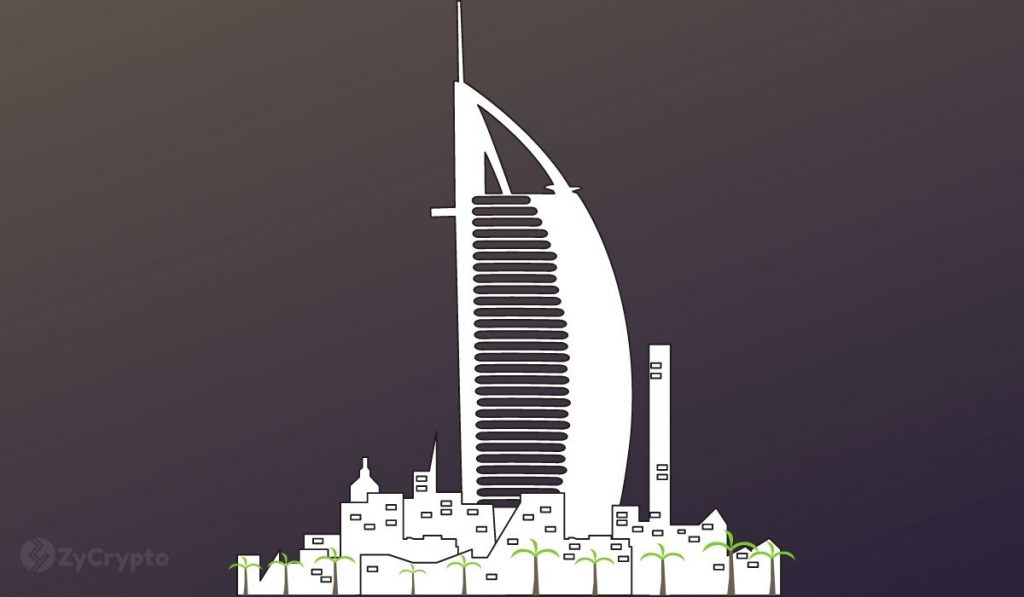When we think of Dubai, we think of Arab billionaire lifestyles, exquisite skyscrapers, and 6-star hotels. But did you know that plans are underway to turn the Dubai World Center (DWTC) — a state-sponsored event and exhibition site in Dubai — into a comprehensive zone and regulator for virtual assets, crypto, custodians, exchanges, and operators?
Here’s how Dubai, United Arab Emirates, is in a prime position to establish itself as a crypto and blockchain epicenter.
The DWTC To Build Specialized Zone For Crypto Assets
The Dubai government is leading a push toward the adoption of cryptocurrencies within the region. The government is actively working with the private sector and other relevant authorities to create an attractive environment for the crypto industry in Dubai, the Dubai Media Office announced on Monday.
The project involves enacting “rigorous standards for investor protection, Anti Money Laundering (AML), Combating the Financing of Terrorism (CFT) compliance and cross border deal flow tracing.” In short, the Dubai World Trade Center will oversee a new state-of-the-art regulatory rulebook of virtual asset policies.
The region’s government is also interested in adopting new trends that are dependent on the underlying blockchain technology — including non-fungible tokens — to give investors exposure to the burgeoning NFT market and pave the way for foreign investments and businesses to come into the city-state emirate.
 
 
“The step continues to accelerate Dubai’s standing as a leading global center for business, trade, and technology, the World Trade Center will deliver and oversee a new world-class regulatory framework of Virtual Asset legislative and enforcement policies, will be critical to facilitating and broadening cross-border operations and ecosystem innovation to enable safe market adoption and growth for this sector in Dubai.”
A Welcome Development
The development was welcomed warmly by crypto investors. Binance CEO Changpeng Zhao, fondly known as CZ, was among the first people to applaud DWTC’s move. This comes as no surprise, given the CEO purchased his first home in the “very pro-crypto” Dubai in October.
The latest development comes at a time when Dubai has ramped up efforts to promote cryptographic and blockchain technologies as consumers and investors flock to crypto assets. Earlier this year, the Dubai financial regulator revealed it intends to introduce an innovation-friendly regulatory framework for digital assets as part of its 2021-2022 business plan.
Elsewhere, regulators from the United States are sending mixed signals instead of coming up with a coordinated, comprehensive, and consistent approach. This lack of clarity has resulted in unpleasant run-ins with US financial watchdogs. For instance, the Securities and Exchange Commission (SEC) dropped the hammer on payments firm Ripple in December 2020 and even took the unusual step of naming executive chairman Chris Larsen and CEO Brad Garlinghouse as defendants.


